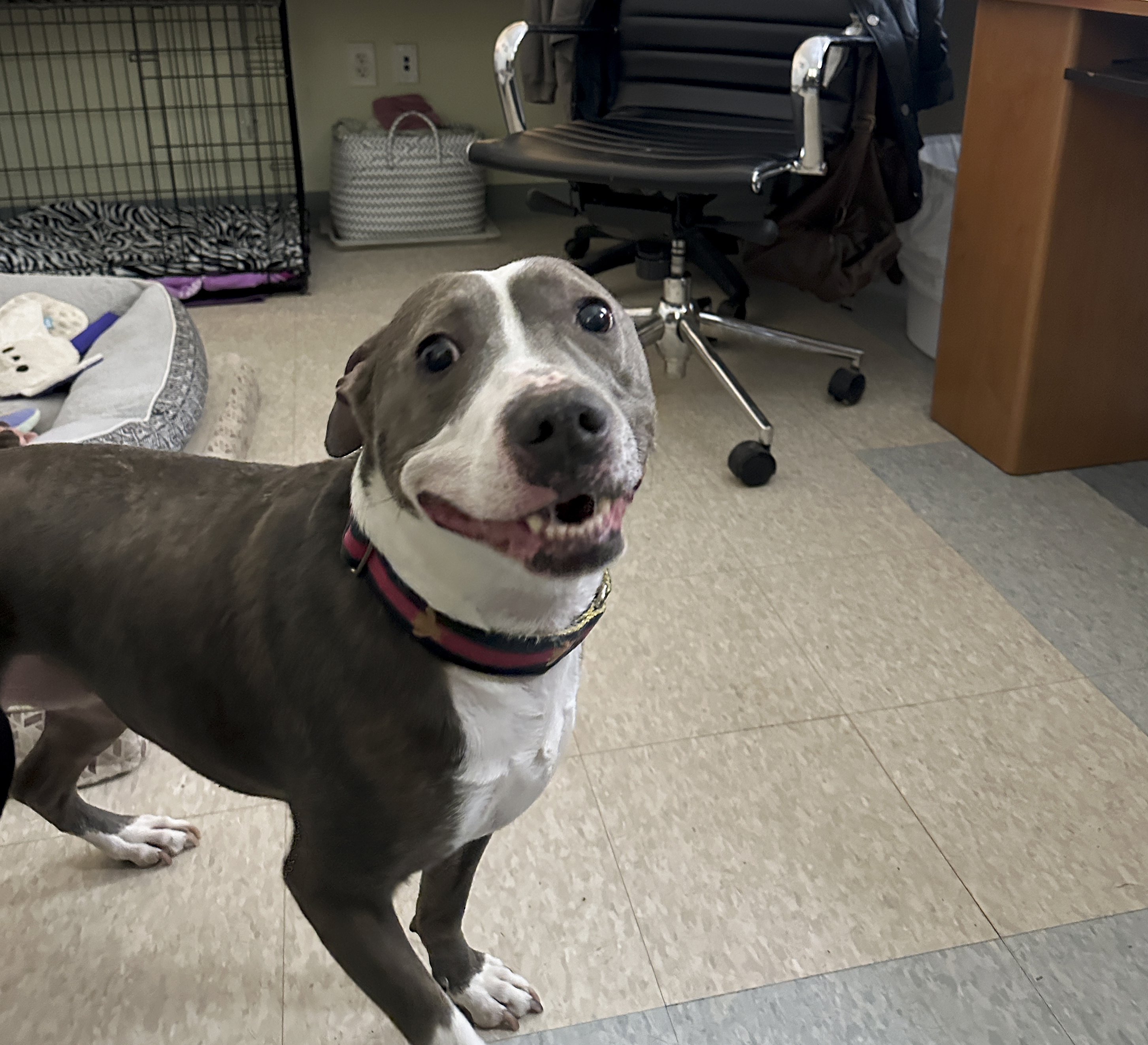Animal shelters in Massachusetts are reaching "crisis" levels due the growing number of animals in need of a home.
"Animals will come to us as a result of surrender for life experiences that people are dealing with," said Mike Keiley, vice president of the Animal Protection Division at MSPCA-Angell Adoption Center.
He said much of what animal rescue workers see in Boston is related to housing issues.
"One, animals being driven into our shelter because people aren't allowed to bring their animals with them when they are transitioning to new housing," said Keiley. "And we're also seeing it as a barrier to being able to place some of our dogs, even when there are willing and wonderful people to adopt them. Their restrictions on what they're allowed to have in their dwelling becomes a barrier for them to be able to complete an adoption."
He said they are working to address that obstacle through legislation.
"We're supporting a bill that would make it possible for dogs to be accepted into apartments without having that breed or size restriction," said Keiley. "And then, the other part of it is to prevent insurance companies from denying homeowners insurance for people that have certain breeds or size dogs, as well, so that there can be more access to housing for people who have certain dogs."
Another factor contributing to overcrowding in shelters is the number of stray animals not claimed by their previous owners.
"You have situations where every shelter is full with dogs and every animal control facility is stuck with dogs, as well, and they can't get them into places where they can get adopted, and that only serves to harm the dogs that are there," explained Keiley. "It increases their length of stay, and the longer an animal stays in a shelter environment, the more stressed they become, and more unlikely that it is for them to be able to be rehomed successfully. And that results in greater euthanasia."
Shelter Animals Count is an organization that tracks data on animals in shelters across the country. It found the number of cats and dogs euthanized and that died in shelters increased nationwide in 2023 by 15% compared to 2022, and by 29% compared to 2021. In Massachusetts, the increase was 5% compared to 2022 and 18% compared to 2021.
"We did do some pulse checks earlier last year, and asking shelters why they were having to make euthanasia decisions, and it really ran across the board on overcrowding, to behavior reasons, to health and medical reasons," said Shelter Animals Count Executive Director Stephanie Filer.
Keiley said the MSPCA took in more than 5,000 from other states last year to help alleviate overcrowding, but the need is greater than the capacity available.
"Sometime around March and April of last year, we started to see a major decrease in adoptions. And that's really what's driving this dog crisis is the lack of adoptive homes," said Keiley. "Right now, I think the biggest issue is whenever the economy is going in a bad direction, there is always going to be animals that are mixed up with that. I think that's the reason that adoption interest is down, specifically because the cost of owning a pet, the medical care, just food and supplies, all of those costs are up with inflation."
In response, he said they have attempted to remove as many adoption barriers as they could by offering fee-waived and reduced-fee adoption events to try to keep dogs moving into homes.
"This is a crisis right now. And if you are in a position, either temporarily to have a dog in your home, we are looking for foster homes, as well as adoptive homes that can take on a dog permanently," said Keiley. "This is a time where we need everybody to act and support this mission."
Keiley explained that there are an estimated 245,000 more cats and dogs in the shelter system nationwide than at the same time last year.
"And with euthanasia rising and adoptions dropping, there is not a more important time in our lifetime to be able to support adopting an animal right now," he added.



